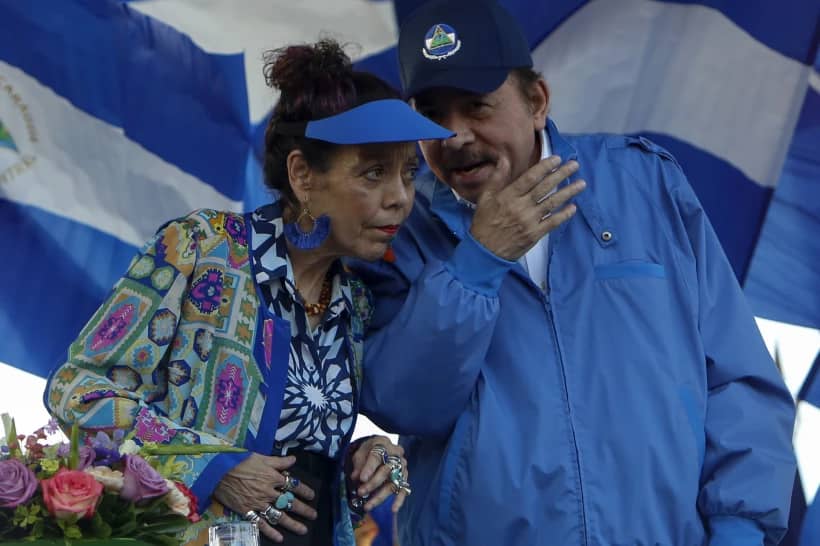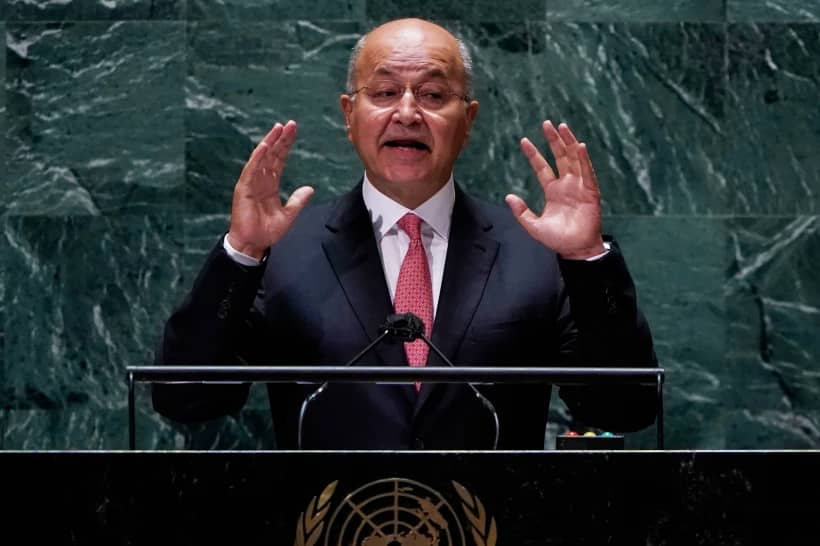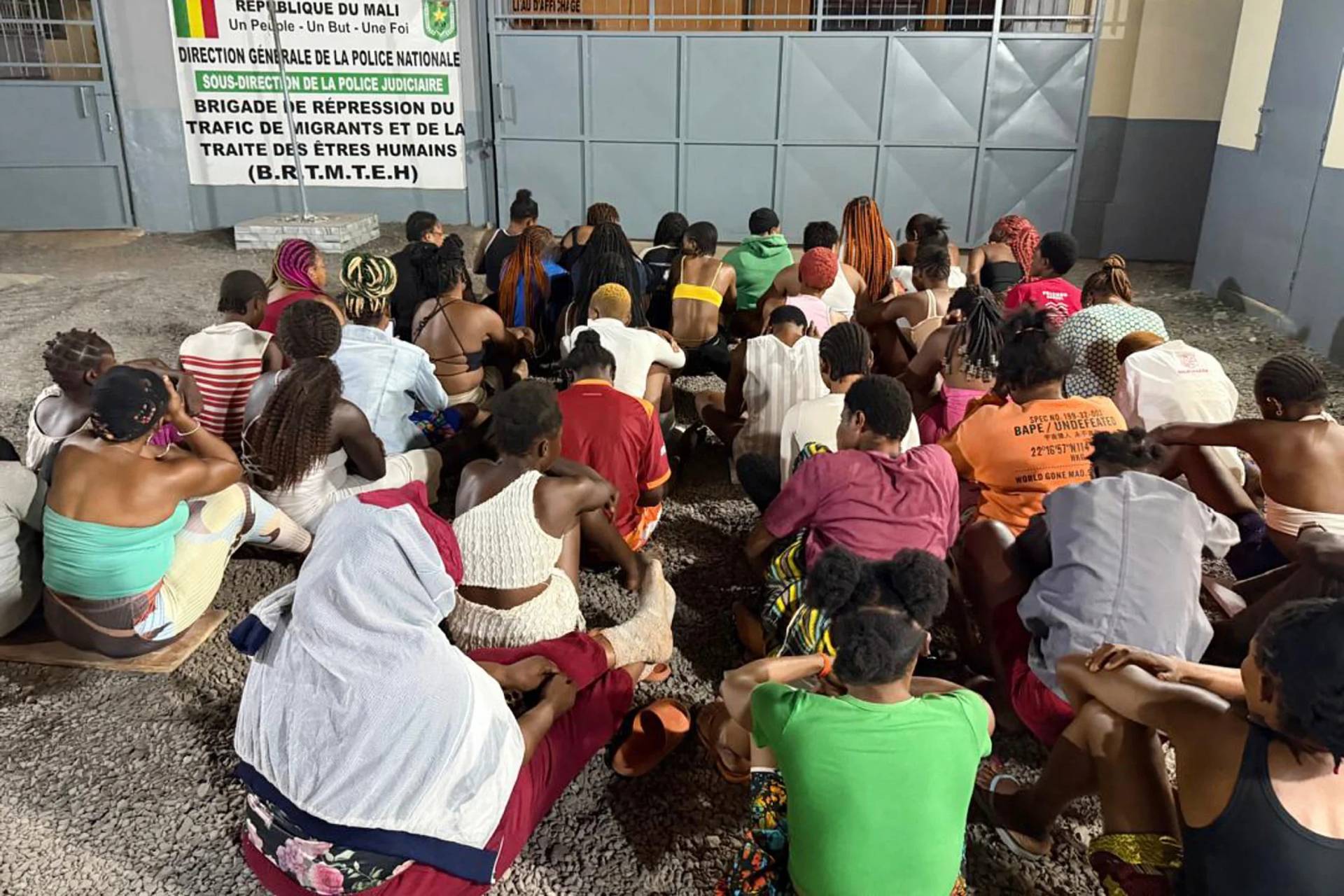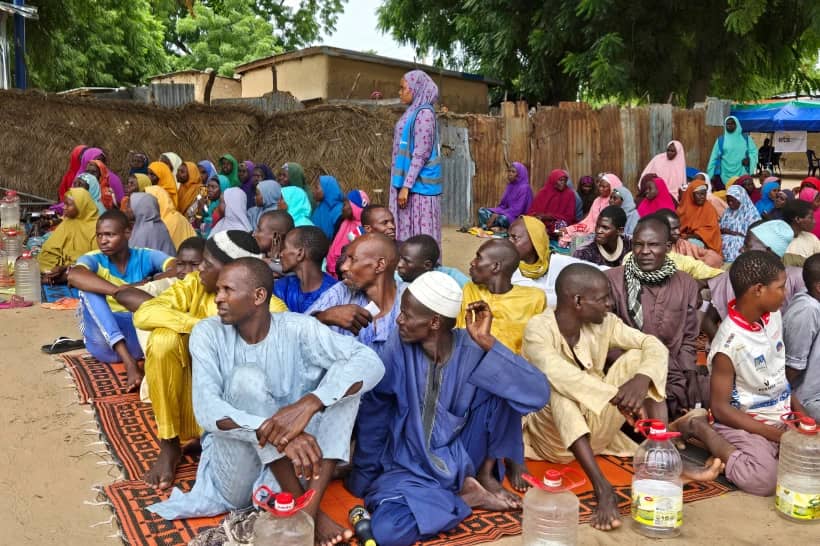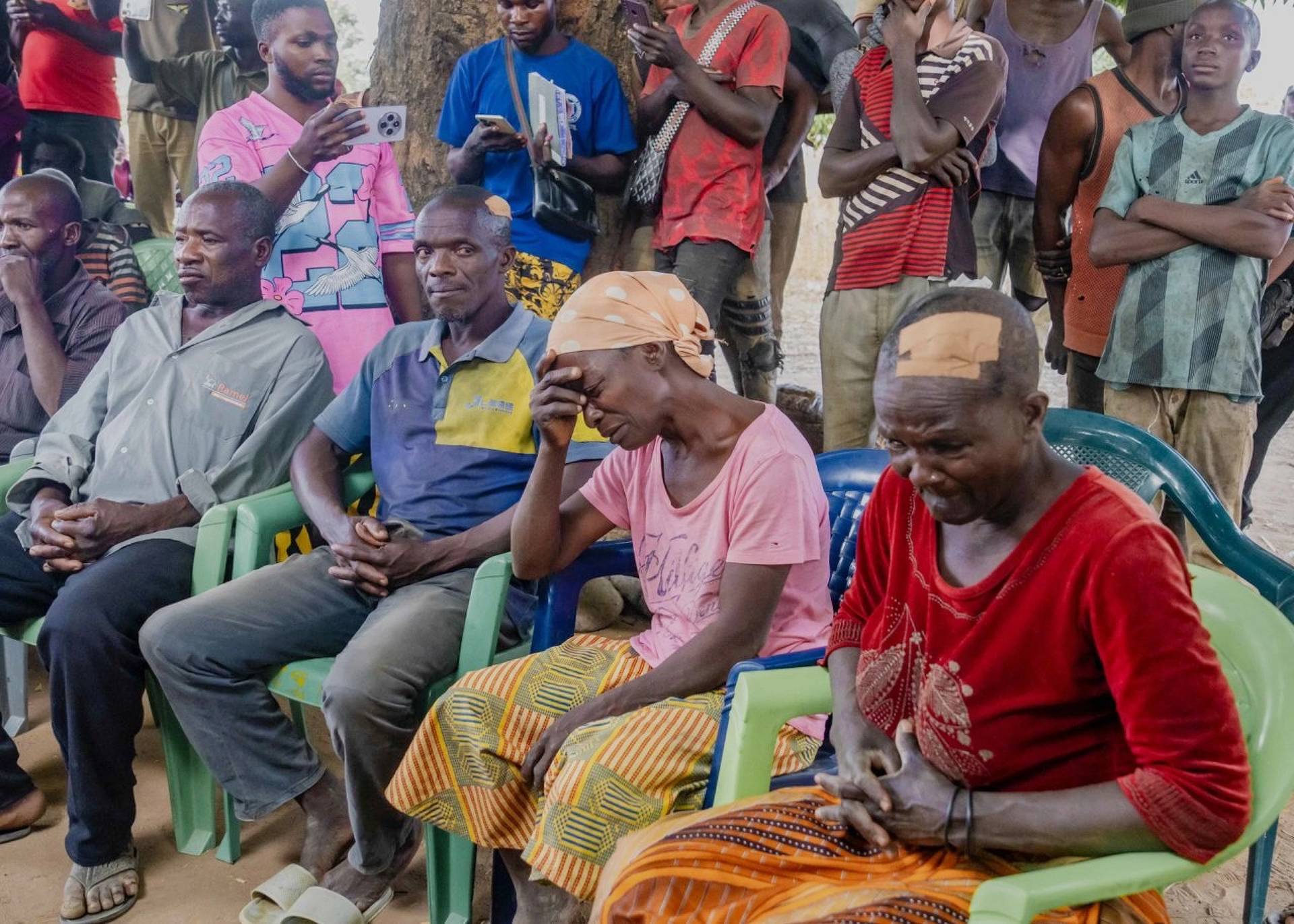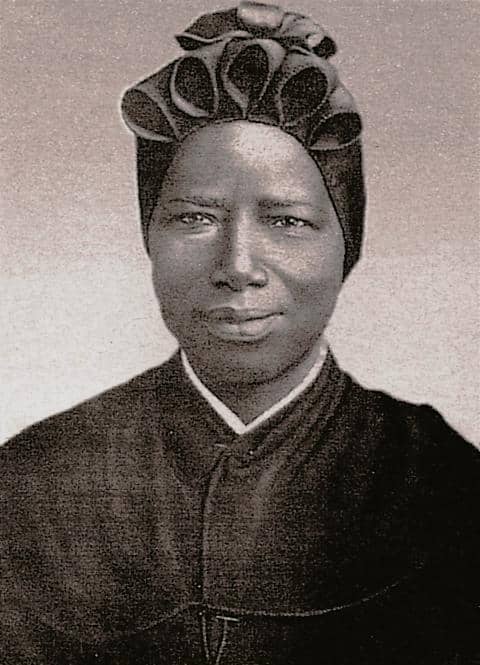YAOUNDÉ, Cameroon – Campaigns have started in Chad ahead of a presidential election scheduled to take place May 6 and will have 10 candidates.
As campaigns heat up in the Central African country, the Catholic Bishops’ Conference of Chad (CET) has issued a call to action for the nation’s transitional government, urging measures to ensure the success of the presidential elections.
Chad’s military junta promised return to democratic rule after they seized power in 2021 when former president Idriss Deby was killed on the battlefield during a conflict with insurgents.
In December 2023, a referendum saw Chadian citizens endorse a revised constitution, which has been criticized for potentially solidifying junta leader Mahamat Idriss Deby’s political dominance by permitting his presidential candidacy. The current leader is the son of the former president. Succès Masra, the current prime minister, is also running for president.
In an April 15 statement, the bishops recognized the importance of the polls in returning the country to Constitutional rule.
“Chadians attach great hope to the elections, in that they see in them the possibility of emerging from the Transition period and envisaging the gradual establishment of strong, credible republican institutions,” the bishops said.

Chad is a religiously diverse country, with 55 percent of the country being Muslim, and over 41 percent being Christian, the majority of whom are Catholic.
Masra, who was once a vocal critic of Chad’s military governance, had escaped abroad following lethal clashes during protests in N’Djamena in October 2022. Following a peace accord signed in November, which assured his political rights, Masra made his return to Chad, and was appointed prime minister at the beginning of this year.
Chad has several regions: The Sahara Desert in the north, an arid zone in the center known as the Sahel and a more fertile Sudanian Savanna zone in the south.
Dr. Evariste Ngarle Tolde, a political scientist at the University of N’Djamena, has criticized the candidacies of both Deby and Masra. He said the electoral code bars soldiers from running for political office unless they renounce their status as belonging to the military.
“There is nothing that says he [Deby} left the Army and therefore he is not eligible,” Tolde told Crux.
“The same goes for his Prime Minister. The electoral code states that to be eligible, one should have spent at least a year living in Chad. This is not the case with the Prime Minister. Curiously, the two are candidates, whereas both are ineligible. It means that there is a deal between the two,” he added.
Tolde also said the very serious candidates were barred from contesting with spurious arguments and faulted the composition of the country’s elections management body.
“The President appointed almost all the members of the National Agency for Elections Management, and almost all the members belong to the ruling party or its allies and that means that this institution isn’t at all independent” Tolde told Crux.
“So this election, which should be very important for a return to Constitutional order, looks like it has lost its importance because we all know that it is all arranged to legitimize the Deby regime,” he said.
The bishops are still hopeful, and have urged the transitional government to “do everything possible to guarantee the smooth running and success of the polls by promoting the free expression of each citizen’s choice, in compliance with the electoral code and the transparency of the results of the votes cast in the ballot boxes.”
The bishops in their statement extended an invitation to the international allies of Chad to exert their influence in guiding all parties towards a peaceful conclusion of the transitional period and the formation of trustworthy institutions.
The bishops urged the presidential candidates to earnestly fulfill the pledges outlined in the code of conduct they have endorsed and to ensure adherence among their followers.
“We appeal to all to respect the dignity of the human person. Chad’s future is in the hands of its children. Peace is above all a gift from God to be received and built together,” the bishops said.
“For our part, we pray that the Good and Merciful God will take our country under His care and enlighten the actors involved in this process for a definitive return to peace, “they said.








